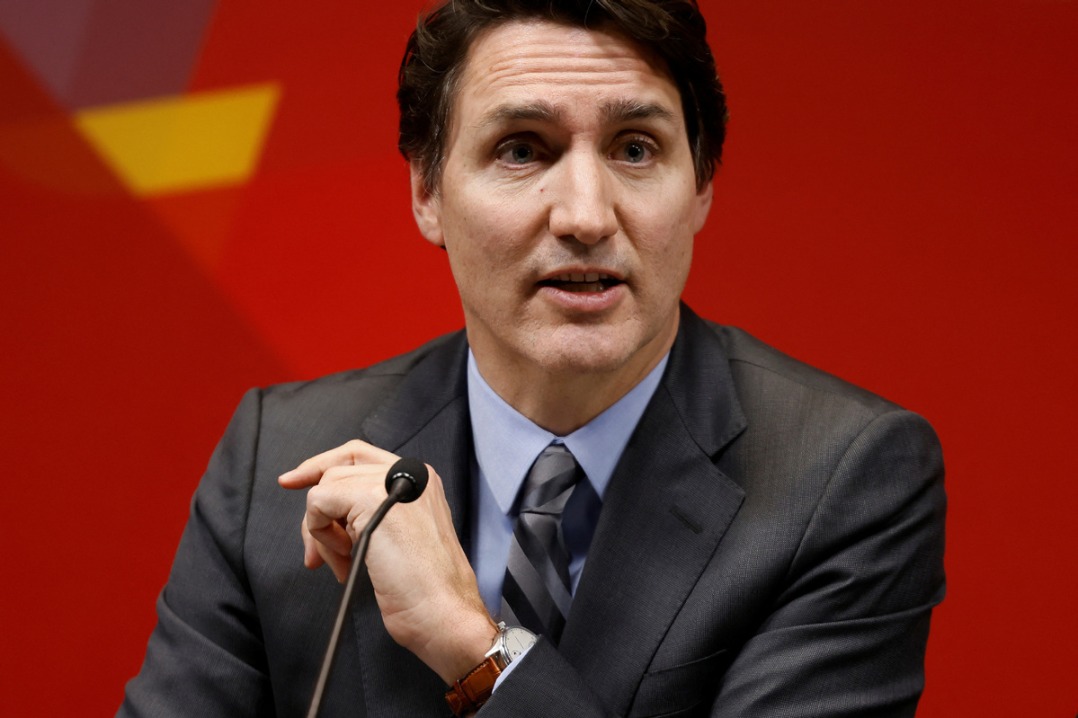UK citizens face costlier, slower entry into Europe

Citizens of the United Kingdom between the ages of 18 and 70 traveling to the European Union next year will have to pay a 7-euro ($7.80) visa-waiver fee, after the bloc finally announced May as the introduction date for its long-delayed new entry and exit system.
The system, originally supposed to have been introduced in 2022, includes checks such as fingerprints and facial scans as security measures to reduce the risk of people traveling on fake passports.
The European Travel Information and Authorisation System, or ETIAS, which comes into effect in November, requires citizens from visa-exempt countries including the UK, the United States, Australia and Canada to pay the permit fee before entering the 27-member bloc.
The permit will be valid for three years or until the passport runs out, whichever comes first, and will cover travel to the whole of the 29-state Schengen Area free travel zone, which includes all EU states except Ireland and Cyprus, and in addition the non-EU states of Iceland, Liechtenstein, Norway and Switzerland.
After the ETIAS is introduced, there will be a six-month transition period, during which travelers will be expected to apply for the waiver, but will not necessarily be denied entry at the border if they have not done so, but it will kick in properly from May.
Geographical proximity
It is a particular issue for British travelers because of their geographical proximity to the continent making frequent visits more likely, and because they have been used to free entry before the country left the EU.
As part of the online application process, which could feasibly take up to 72 hours, British citizens must supply personal information, including their address, details of their job title and employer, or educational establishment for students, as well as any criminal convictions in the previous 20 years.
With more than 700 million tourists having entered Europe last year, The Times newspaper quoted EU Home Affairs Commissioner Ylva Johansson as saying the entry and exit system would mean every single airport, harbor or road into Europe would have strict digital border controls, and as a result, European citizens could "sleep safer".
But there is concern that longer and repetitive process could cause delays and missed flights for travelers.
"Turn up without (a permit) and, like the US, you won't be allowed in," an unnamed travel industry source told The Times. "It's going to catch people out, I am sure."































